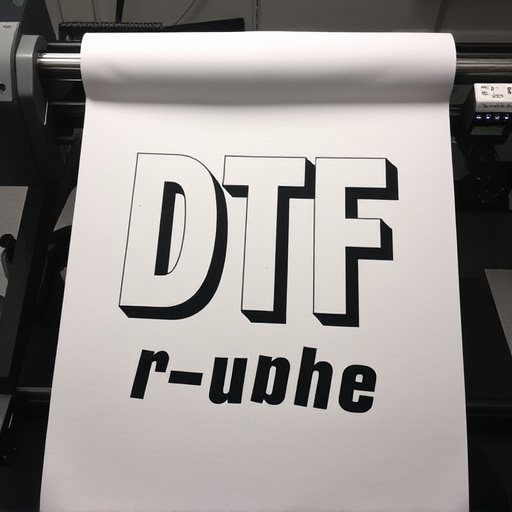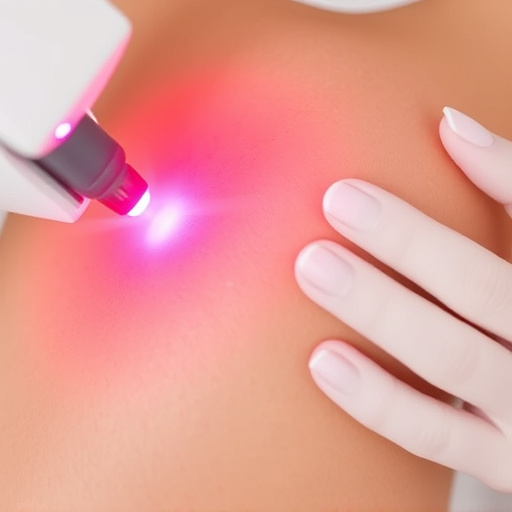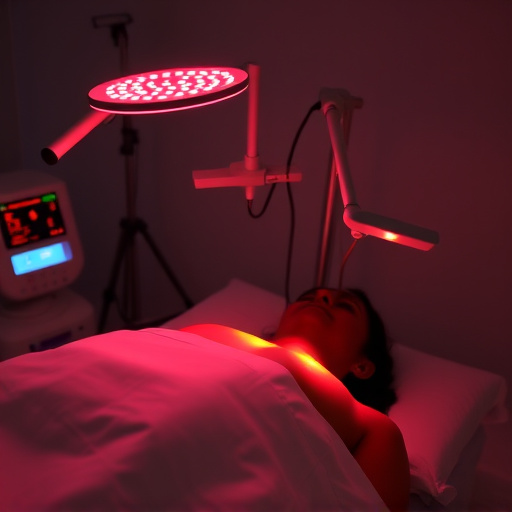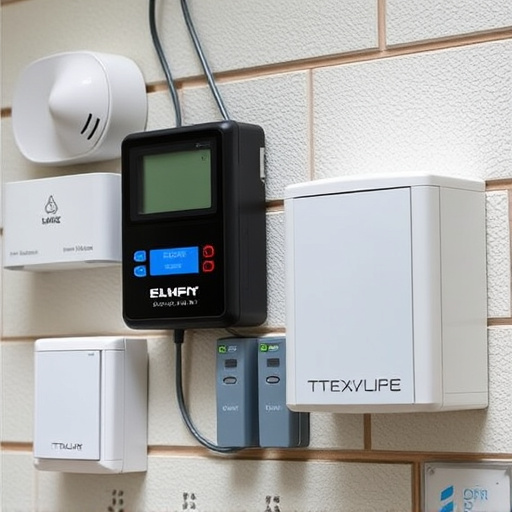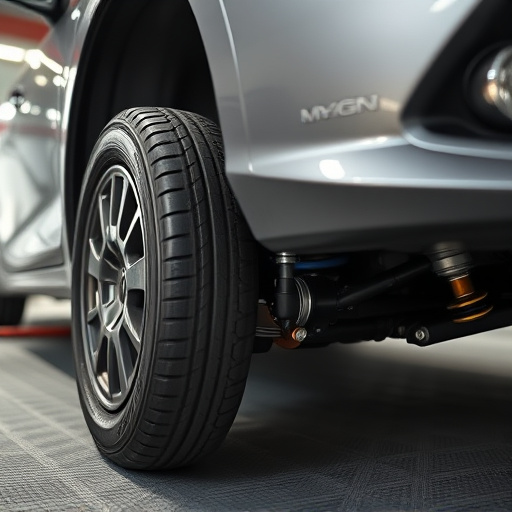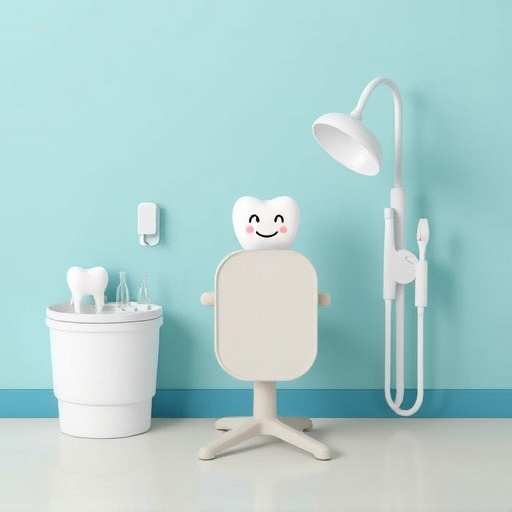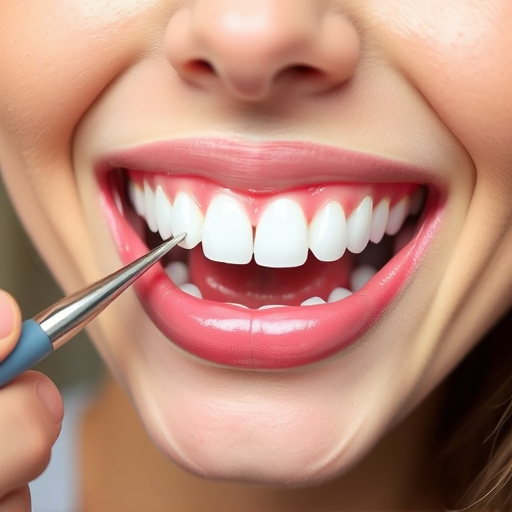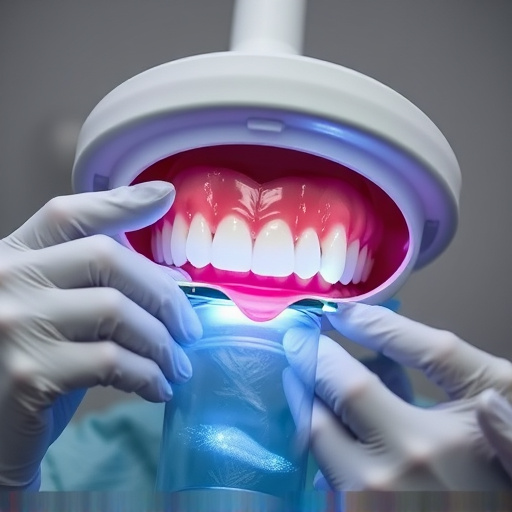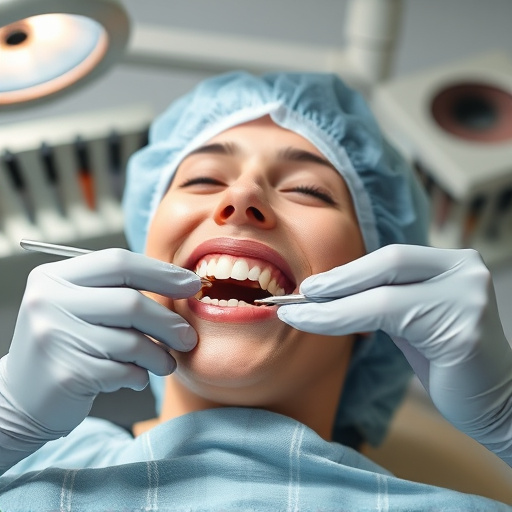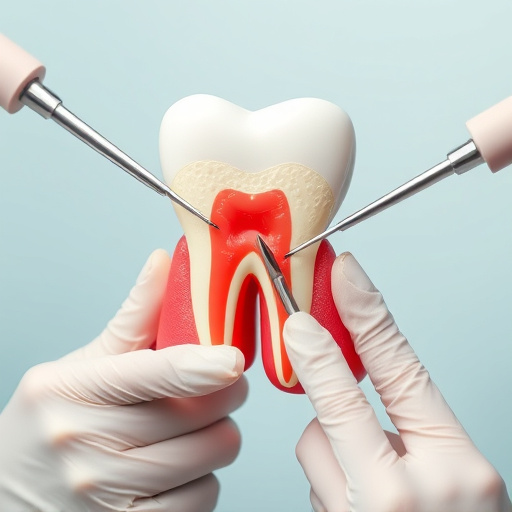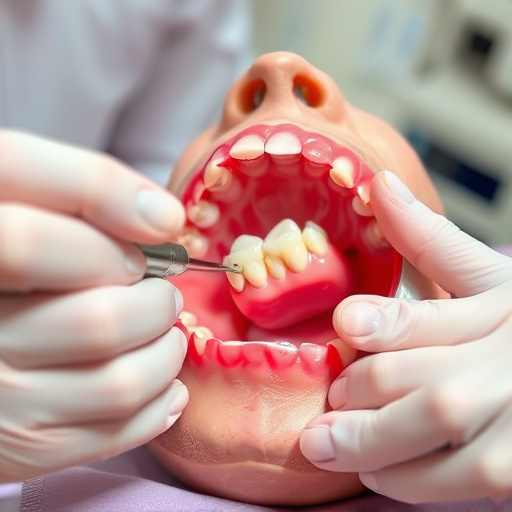Modern dental technology, including CAD systems, 3D imaging, intraoral cameras, and laser dentistry, revolutionizes preventive care. These tools enable early detection of decay, gum disease, and misalignments, facilitating prompt interventions and reducing complex procedures like fillings or wisdom tooth removal. Advanced imaging aids surgical planning, while digital platforms streamline record-keeping and communication. This technology promotes understanding, proactive behavior, and efficient, less invasive procedures, ultimately enhancing oral health outcomes through effective preventive care.
Modern dental technology is revolutionizing preventive care, enabling dentists to detect issues early, streamline patient interactions, and educate effectively. From advanced diagnostic tools that uncover hidden problems to digital solutions enhancing efficiency, these innovations are transforming dental practices. By leveraging these technologies, dentists can provide more personalized, proactive treatments, ultimately improving oral health outcomes for patients. This article explores these key aspects of how modern dental technology supports preventive care.
- Advanced Diagnostic Tools for Early Detection
- Digital Solutions for Efficient Patient Care
- Enhanced Communication and Education Methods
Advanced Diagnostic Tools for Early Detection
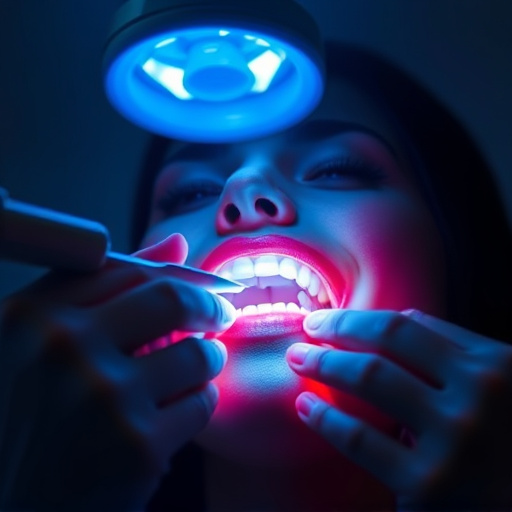
Modern dental technology has revolutionized the way we approach preventive care, empowering dentists with advanced diagnostic tools to detect oral health issues at their earliest stages. These innovative solutions go beyond traditional methods, such as visual examinations and X-rays, by offering more precise and comprehensive insights into a patient’s oral cavity. For instance, computer-aided diagnosis (CAD) systems can analyze dental scans to identify subtle signs of decay, gum disease, or even potential issues with jaw alignment. This early detection capability allows dentists to intervene promptly, often preventing what could become serious problems like tooth decay, requiring procedures like dental fillings or even wisdom tooth removal.
Furthermore, modern technology facilitates more accurate planning for tooth extractions and related surgeries. Advanced imaging techniques provide detailed 3D models of the mouth, enabling dentists to navigate complex anatomical structures with greater confidence during surgeries. This precision minimizes risks and ensures a smoother recovery process for patients. By harnessing these cutting-edge diagnostic tools, dental professionals can deliver more effective preventive care, ultimately enhancing oral health outcomes.
Digital Solutions for Efficient Patient Care
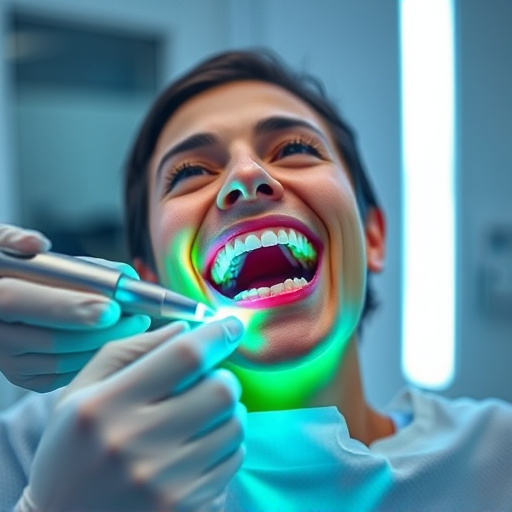
Modern dental technology has revolutionized patient care, making it more efficient and effective. Digital solutions like advanced imaging systems, such as 3D scanners, enable dentists to accurately visualize dental structures, including wisdom teeth, facilitating informed decision-making for procedures like wisdom tooth removal. These technologies provide detailed insights into oral health, allowing for precise planning of treatments like dental bonding or placing dental crowns.
Furthermore, digital platforms streamline record-keeping and communication. Electronic health records ensure quick access to patient information, enabling dentists to deliver personalized care. Online consultation tools enhance patient engagement by providing convenient platforms to discuss concerns, from minor cosmetic issues to complex cases requiring extensive work, including dental crowns.
Enhanced Communication and Education Methods
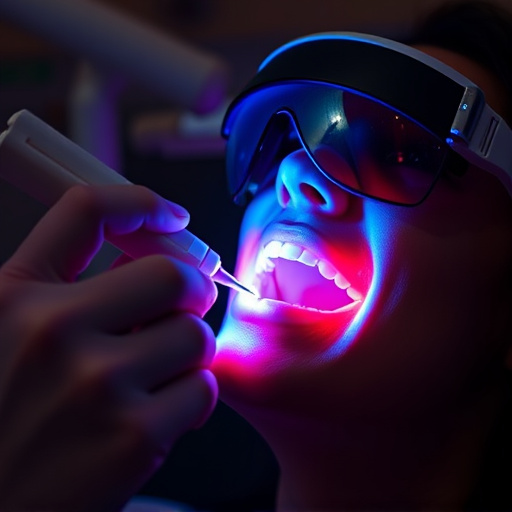
Modern dental technology has revolutionized the way dentists communicate with their patients, fostering a shift from reactive to preventive care models. Through advanced digital tools like intraoral cameras and 3D imaging, dental professionals can now visually demonstrate oral health issues to patients, enhancing understanding and encouraging proactive behavior. This visual approach, coupled with patient education platforms that utilize interactive apps and personalized video content, empowers individuals to take charge of their dental well-being.
Furthermore, modern technology streamlines various dental procedures, making them less invasive and more efficient. For instance, laser dentistry techniques enable precise teeth cleaning and gum disease treatment, while computer-guided surgery assists in wisdom tooth removal with enhanced accuracy. Digital impressions for dental crowns are another example, providing more comfortable and accurate restorations compared to traditional methods. These advancements not only improve patient outcomes but also contribute to the overall cost-effectiveness of preventive dental care.
Modern dental technology is revolutionizing preventive care, offering advanced diagnostic tools that enable early detection of oral health issues. Digital solutions streamline patient care, while enhanced communication methods educate patients on best practices. By leveraging these innovative tools, dentists can provide more efficient and effective preventive care, ultimately promoting better overall oral health.

